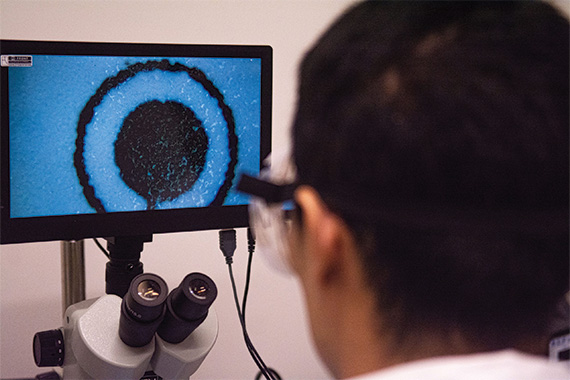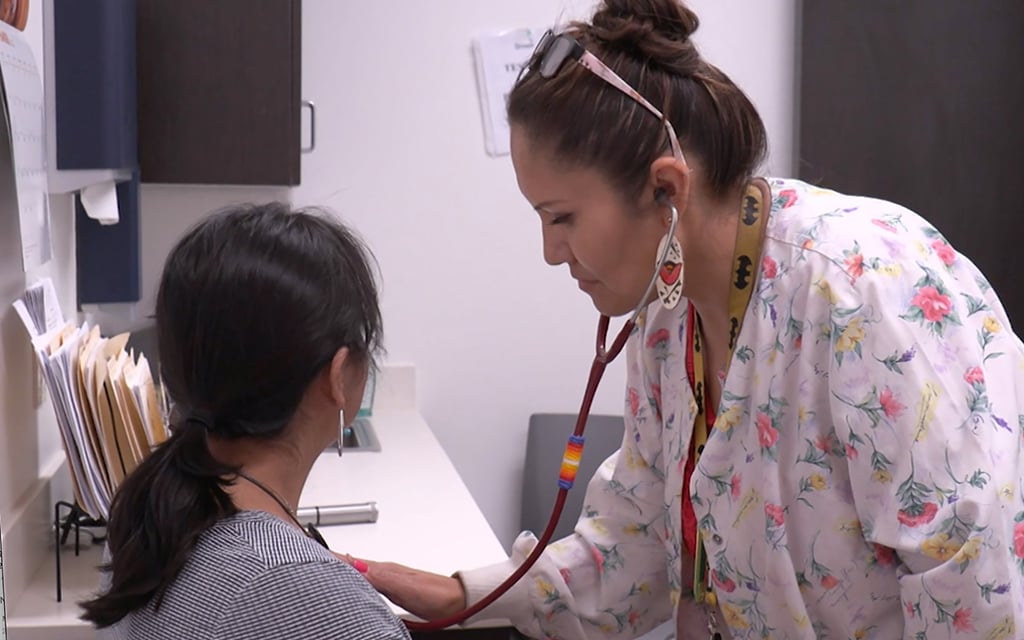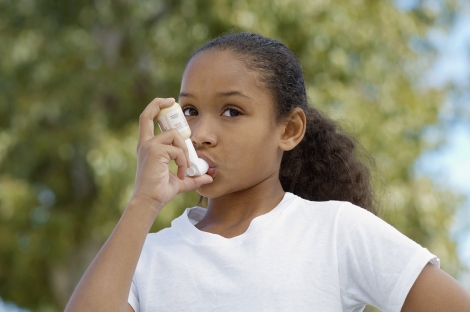The recent rejection of Roe v. Wade has spurred nationwide debates and affected women’s mental health, especially in places with automatic abortion laws. After the Supreme Court’s Dobbs vs. Jackson Women’s Health Organization ruling, reproductive-age women in states with trigger laws suffered heightened anxiety and sadness, according to a JAMA study.

Impact on Reproductive Autonomy
Following the release of the Supreme Court’s May 2022 verdict and June 2022 pronouncement, the Johns Hopkins Bloomberg School of Public Health investigated US Census Bureau Household Pulse Survey (HPS) data. Mental health in states with abortion-criminal trigger laws was studied.
The thirteen states with trigger laws, including Arkansas, Idaho, Kentucky, and Texas, witnessed a notable increase in anxiety and depression symptoms among individuals of all ages. Notably, females of reproductive age (18-45 years) faced the most pronounced symptoms, emphasizing the personal impact of restricted reproductive autonomy.
Although anxiety and depression symptoms peaked in October 2022, the study highlighted that the gap between trigger and non-trigger states persisted. The prolonged effects suggest an enduring emotional toll on individuals affected by the restrictive abortion policies.
READ ALSO: Paul Mescal Reflects on Coping with Overnight Fame from ‘Normal People’ Role
Contrast with Abortion Perception
Julia Steinberg, Ph.D., in an accompanying editorial, emphasized that the study provides emerging evidence that the absence of legal access to abortion, restricting reproductive autonomy, may result in increased symptoms of anxiety and depression. This impact is particularly notable in females of reproductive age.
Despite discussions over abortion’s mental health effects, research demonstrates that requested abortions do not raise anxiety, depression, or suicidal thoughts. The findings emphasize the complexity of restrictive abortion regulations’ emotional effects.
READ ALSO: Alarming Rise in Cardiovascular Deaths Demands Urgent Action: A Wake-Up Call on Heart Health



